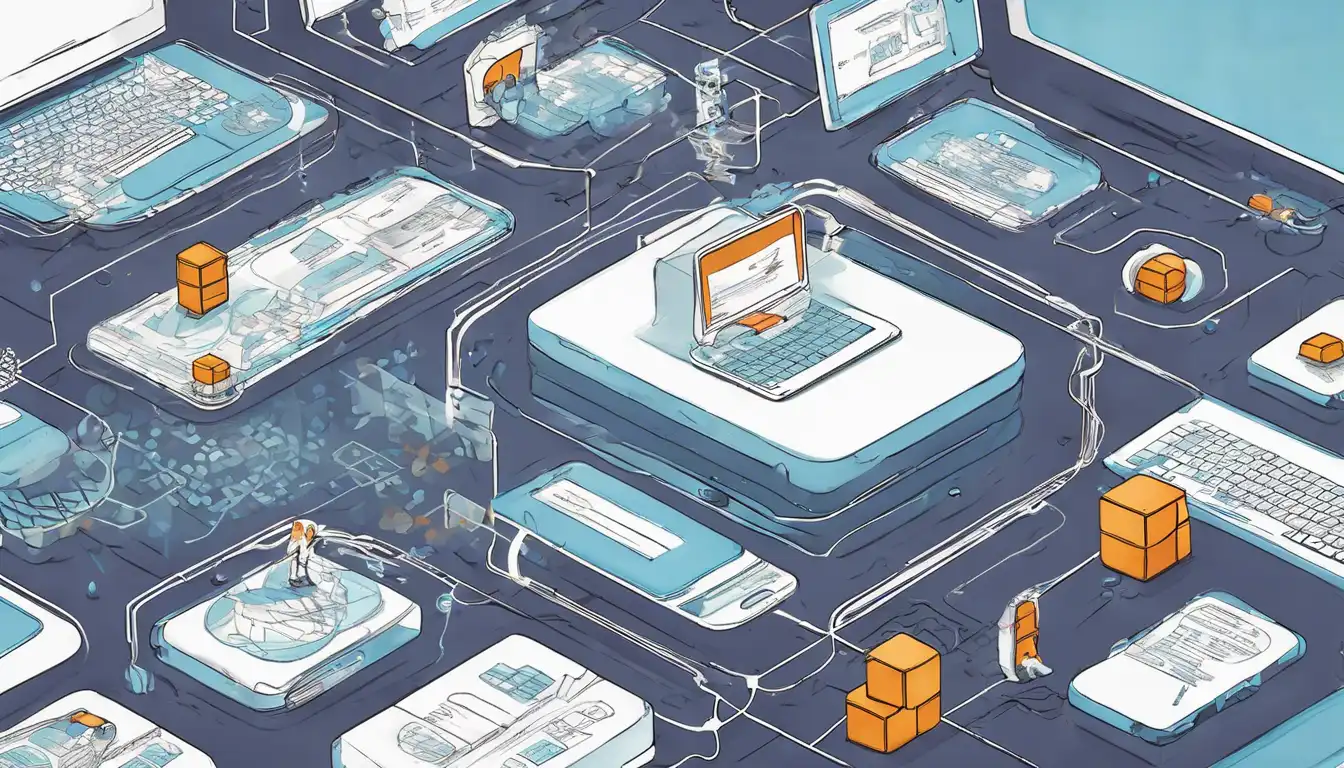What is Blockchain?
Blockchain technology is a digital ledger that records transactions across many computers in such a way that the registered transactions cannot be altered retroactively. This technology is the backbone of cryptocurrencies like Bitcoin, but its potential applications extend far beyond digital currencies.
How Does Blockchain Work?
At its core, blockchain is a chain of blocks, where each block contains a number of transactions. Every time a new transaction occurs on the blockchain, a record of that transaction is added to every participant's ledger. This decentralized database managed by multiple participants is known as Distributed Ledger Technology (DLT).
Key Features of Blockchain
- Decentralization: Unlike traditional ledgers or databases controlled by a central authority, blockchain is decentralized and distributed across a network of computers.
- Transparency: All transactions are visible to anyone within the network, ensuring transparency.
- Immutability: Once a transaction is recorded on the blockchain, it cannot be altered or deleted, making the system secure and tamper-proof.
Benefits of Blockchain Technology
Blockchain offers numerous benefits across various sectors, including finance, healthcare, and supply chain management. Some of the key advantages include:
- Enhanced Security: The decentralized nature and cryptographic algorithms make blockchain highly secure against fraud and cyberattacks.
- Reduced Costs: By eliminating intermediaries, blockchain can significantly reduce transaction costs.
- Increased Efficiency and Speed: Transactions can be processed faster and more efficiently, especially cross-border payments.
Blockchain for Beginners: Getting Started
If you're new to blockchain, the best way to start is by understanding the basics of how it works and exploring its applications. You might also consider investing in cryptocurrencies as a practical way to engage with blockchain technology. However, it's important to do thorough research and understand the risks involved.
Future of Blockchain
The future of blockchain technology is incredibly promising, with potential applications in voting systems, smart contracts, and beyond. As the technology matures, we can expect to see wider adoption across industries, making it an exciting area for innovation and investment.
For those interested in diving deeper into blockchain, exploring cryptocurrency basics can provide a solid foundation. Additionally, understanding digital ledger technology can offer insights into how blockchain is revolutionizing data management.
